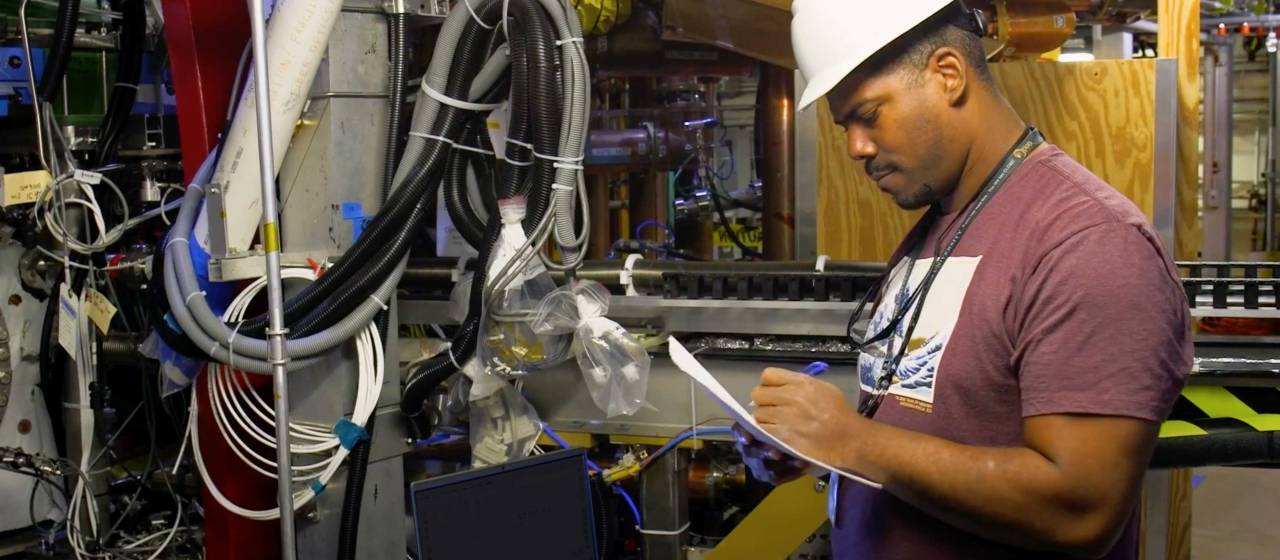
Jimmy Henderson Jr. is an electronics technician apprentice at the Princeton Plasma Fusion Laboratory. “Our apprentices are an enormous benefit to the Lab, the state of New Jersey and the nation,” said Steve Cowley, Laboratory director at PPPL, which is managed by Princeton University.



